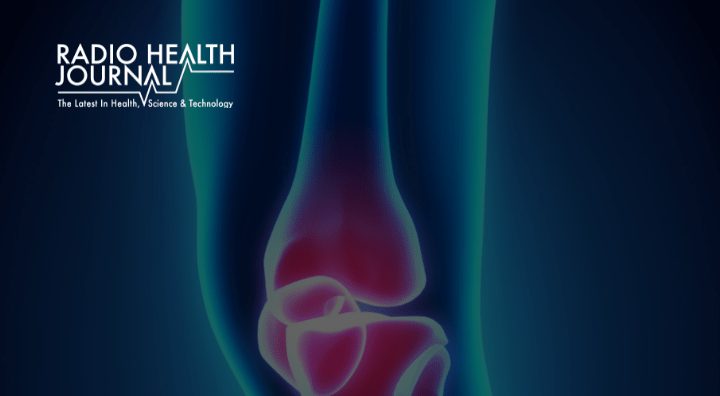In some areas, it has become almost impossible to find independent physician practices. Many of these smaller practices have opted into being bought by hospitals and other large medical groups. So, what has prompted the increase of consolidation in the medical field? And what does this mean for patients?
The incentives of consolidation have been researched, but the results do not point to one reason. Dr. Laurence Baker, Professor of Health Research and Policy at Stanford University School of Medicine, explains that physicians running smaller practices might benefit from no longer having their own business. Another possibility, Dr. Christopher Ody, Research Assistant Professor at Kellogg School of Management at Northwestern University, explains, is that some hospitals may view consolidation as a way to improve the quality of healthcare and decrease the costs to help physicians and their patients. However, data has indicated that the factor with the largest role in consolidation has to do with increasing the amount that hospitals are getting paid, and decreasing the amount paid to pharmaceutical companies. Even though research has not provided an overarching incentive that drives consolidation, the data seems to point to increasing income for hospitals rather than providing patients with better care. Furthermore, hospital consolidation has not been shown to benefit the patient. Dr. Baker explains that data indicates that the cost of healthcare has not gone down for patients with consolidation. Since the cost of healthcare has increased for patients, many have started to wonder how consolidation has been able to continue and what is being done to control it.
In the medical field, it is important to maintain consistency in market concentration and ensure that the markets are still competitive. One way in which authorities in the medical field work to maintain market concentration is by regulating transactions that reach a price threshold. However, Dr. Ody explains that hospitals have been able to avoid these regulations by partaking in multiple smaller transactions that invest in a small number of physicians at a time in order to ensure that the cost is below the threshold for evaluation. By avoiding regulations, hospitals have been able to grow into much larger entities that generate a lot of power and income from smaller practices. Since consolidation has prompted increased healthcare costs, it currently appears to be detrimental to the medical field rather than helpful. Yet, it could be worth it if hospitals were able to determine a method of consolidation that decreases healthcare costs and improves the quality of care that is provided to patients.
Guest Information:
- Dr. Laurence Baker, Professor of Health Research and Policy at Stanford University School of Medicine
- Dr. Christopher Ody, Research Assistant Professor at Kellogg School of Management, Northwestern University











Leave a Reply